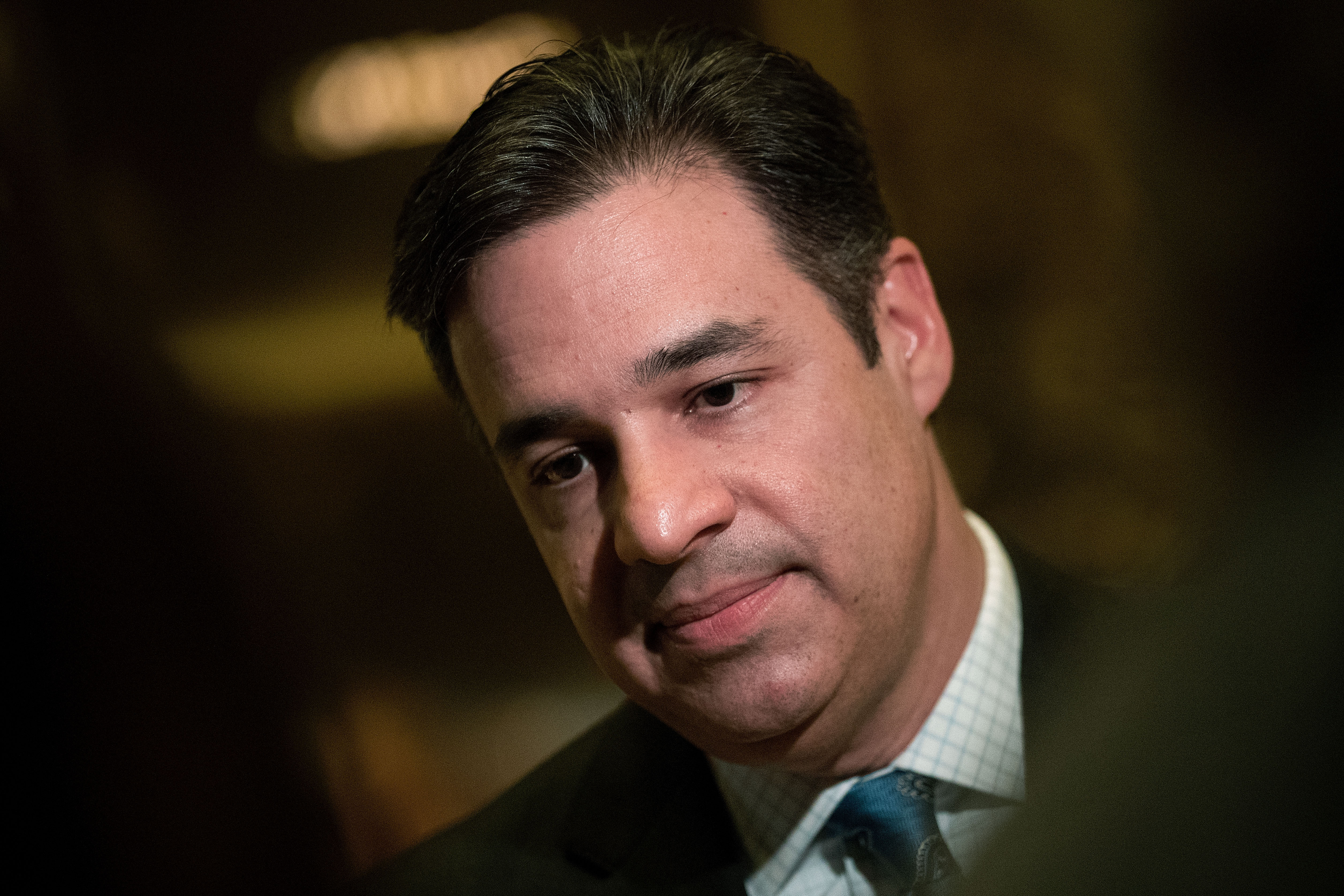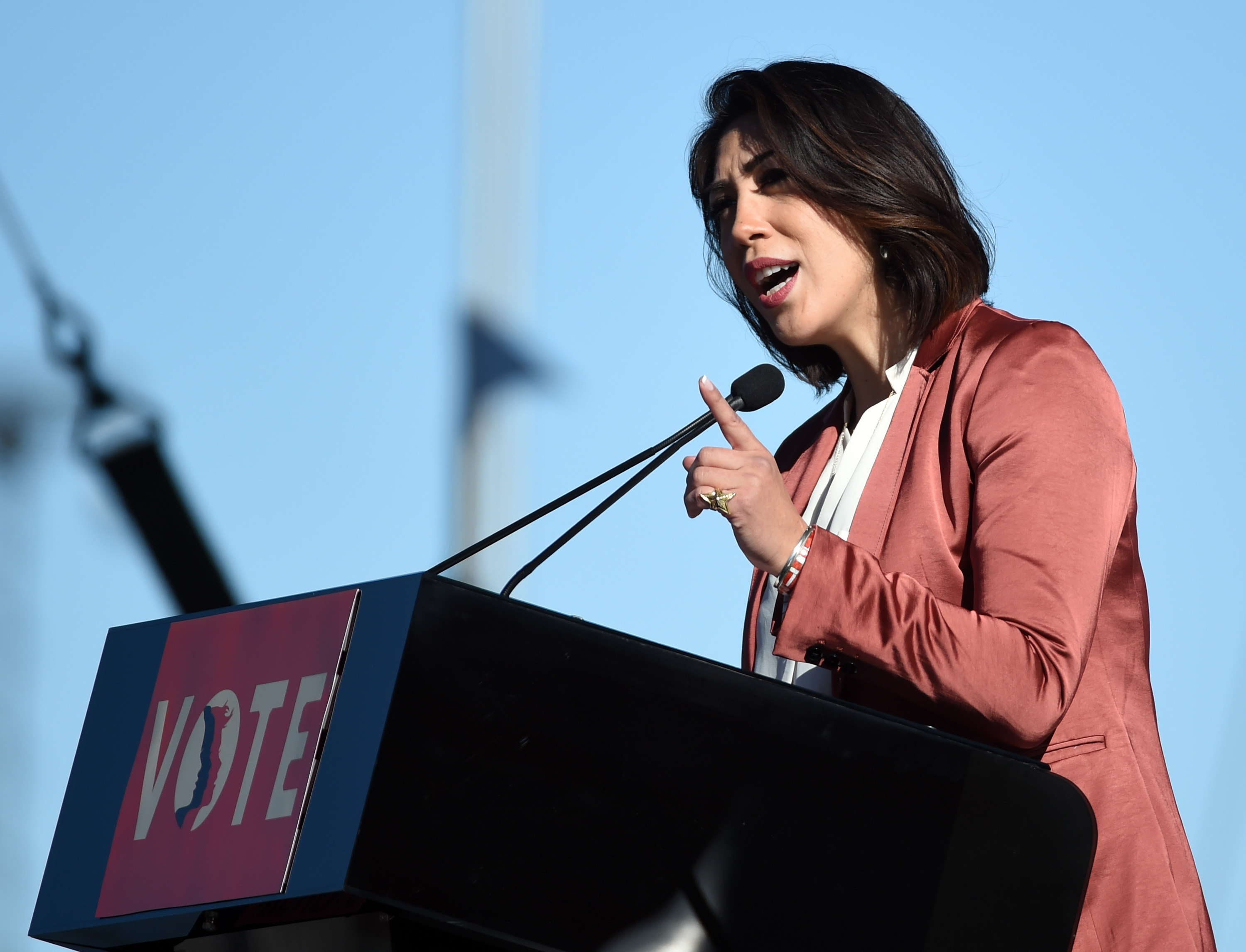
(Photo: Drew Angerer/Getty Images)
Idaho is a state chiseled by rivers and studded with peaks. It boasts two of the country’s oldest and largest wilderness areas, one of its deepest canyons, abundant big game, and relatively few humans. Yet the Gem State has, in recent years, also been home to some of the most conservation-averse actors in the country.
In 2013, for instance, the legislature there passed a land transfer resolution that called on the federal government to immediately divest itself of most public land within Idaho’s borders and hand over control to state government—which could then privatize or otherwise open the lands to commercial interests.
In Washington, D.C., the state’s senior senator, Mike Crapo, owns a 6 percent lifetime rating from the League of Conservation Voters, a rating weighed down by legislation he sponsored last year that would severely undermine the government’s ability to create national monuments, among other actions. His colleague, Senator Jim Risch, has a 7 percent score. In the House of Representatives, Raúl Labrador, a firebrand Tea Party Republican who represents Idaho’s first district, is among the most outspoken opponents of conservation. Labrador is also a key member of the House Natural Resources Committee, which has done more than almost any other government body to erode environmental laws and undermine popular support for public lands. Flush with campaign cash from the livestock, timber, and oil and gas industries, Labrador has been a staunch foe of both the Antiquities Act and the Endangered Species Act, among other crucial conservation laws. The Center for Biological Diversity recently listed him as one of the top “public lands enemies” in the country.
But, if recent primary elections are any indication, the political culture around conservation in Idaho may be shifting; the state delivered a two-part victory for public lands last week.
First, Labrador failed in his bid to become Idaho’s next governor. He lost the GOP primary on May 15th by five points to Lieutenant Governor Brad Little, a more centrist Republican who has expressed support for federal public lands.
Conservationists, including Greg Zimmerman of the Center for Western Priorities, were gleeful:
Raul Labrador is one of the most fiercely anti-conservation, anti-public lands members of Congress. He lost the Idaho Republican primary for governor last night to @LtGovBradLittle who understands the importance of keeping public lands in public hands
— Greg Zimmerman (@GregorZimmer) May 16, 2018
Land and wildlife conservation figured into the gubernatorial primary fight. At a forum held in December by more than a dozen sporting and wildlife groups in the state, three gubernatorial candidates, including Little, gave presentations wherein they described their views on conservation issues. All three touted their passion for the outdoors, their belief that federal lands should stay in federal hands, and their commitment to keeping politics out of state fish and wildlife management.
Labrador didn’t even show up to the forum. In fact, the audience there booed when the moderator mentioned his absence.
Meanwhile, across the aisle, Idahoans delivered a big win for Paulette Jordan, the Native-American woman vying to become the state’s first Democratic governor in decades. A 38-year-old state legislator and member of the Coeur d’Alene tribe, Jordan’s political platform places heavy emphasis on protecting Idaho’s public lands.
“It is a top-tier political issue here,” she tells Pacific Standard in a phone interview. “People are not only thinking about health care, education, and jobs, but also about public lands.” Voters are particularly concerned, she says, about ensuring that future generations have continued access to healthy publicly owned forests and parks.
Though it has turned away from pro-conservation politics in recent decades, Idaho once led the nation in lifting up ardent environmental champions, including legendary 20th-century figures like Senator Frank Church and Governor Cecil Andrus, both Democrats. Jordan’s bid is an opportunity for the state to reclaim that legacy.

(Photo: Ethan Miller/Getty Images)
Public lands, her campaign contends, “should be shared by everyone, not auctioned off to wealthy individuals and big corporations for private profit.” As governor, she has promised to resist attacks on federal land protections and environmental laws, including the current administration’s ongoing assault on national monuments and other elements of America’s conservation heritage.
“I come from a long line of leaders here in the Northwest and they have maintained a very deep connection with the land,” Jordan says. “I refuse to allow our state to divide, sell, or compromise public lands in any way. It is a position I will always hold.”
She also says she wants to use public lands to create more jobs—a crucial component of any truly populist approach to public lands conservation.
“We could create jobs keeping our land and water clean” and adequately managing our parks and forests, she says. According to the Outdoor Industry Association, hiking, camping, fishing, and other forms of outdoor recreation generate roughly $2.3 billion in wages and salaries each year in Idaho. But that number could be higher—a fact that Jordan acknowledges. After all, the state’s public lands suffer from the same multi-billion-dollar maintenance backlog that plagues national parks and forests across the country. Eradicating that backlog—fixing the state’s trails and bridges, its damaged ecosystems and dilapidated public facilities—could be a major engine of job growth in Idaho. And, Jordan says, it could be a particular boon for rural economies.
Public lands and environmental protection, of course, are just one piece of a broader progressive message that has won Jordan the backing of national groups like Our Revolution, the Bernie Sanders-aligned organization that is campaigning for left-leaning candidates across the country. Among other things, she supports Medicaid expansion, building out broadband Internet infrastructure in rural areas, reducing incarceration rates, and hiking the minimum wage. She is part of a cohort of proudly progressive women who have upended primary elections across the country in recent weeks and months.
In the end, Jordan’s platform attracted a potent base of support that carried her to victory over her establishment-backed primary opponent. “In the 2014 primary, about 25,000 Democrats had cast votes for governor,” the Washington Post reported the day after the election. “Last night, more than 64,000 did.” In fact, voter enthusiasm for Jordan’s candidacy was so strong that some polling stations in the Boise area ran out of ballots last week. She won roughly 58 percent of the primary vote.





